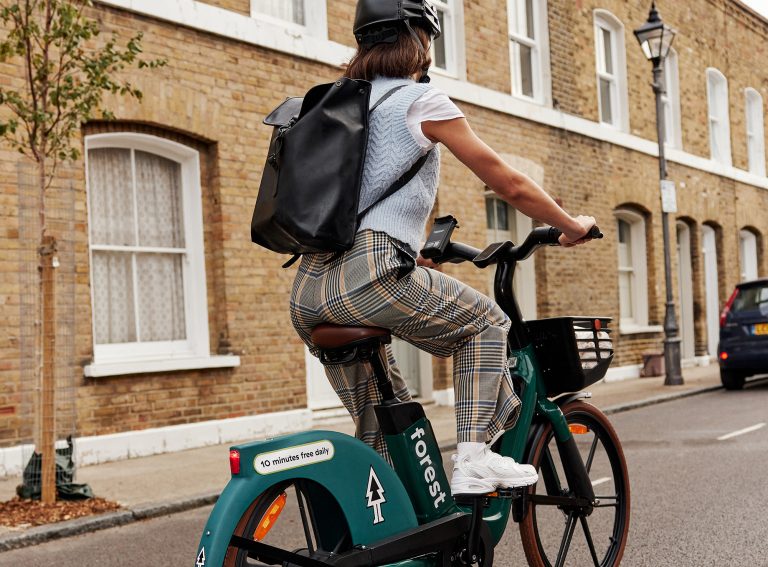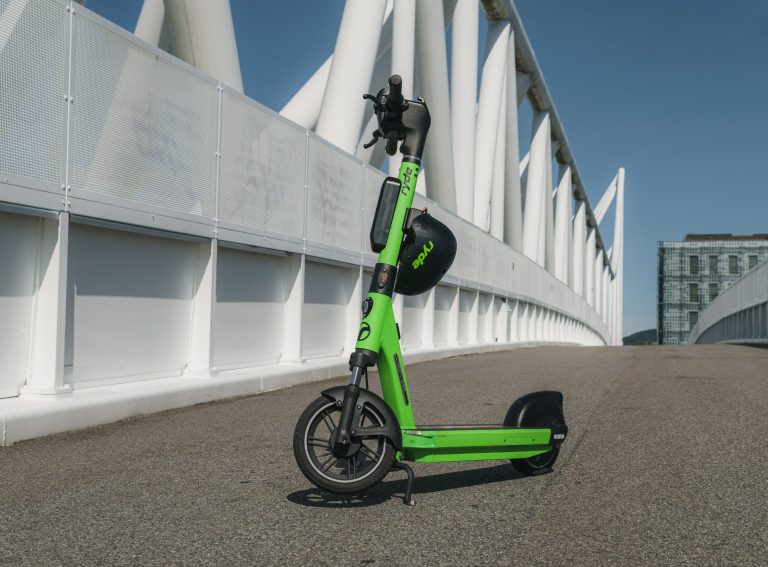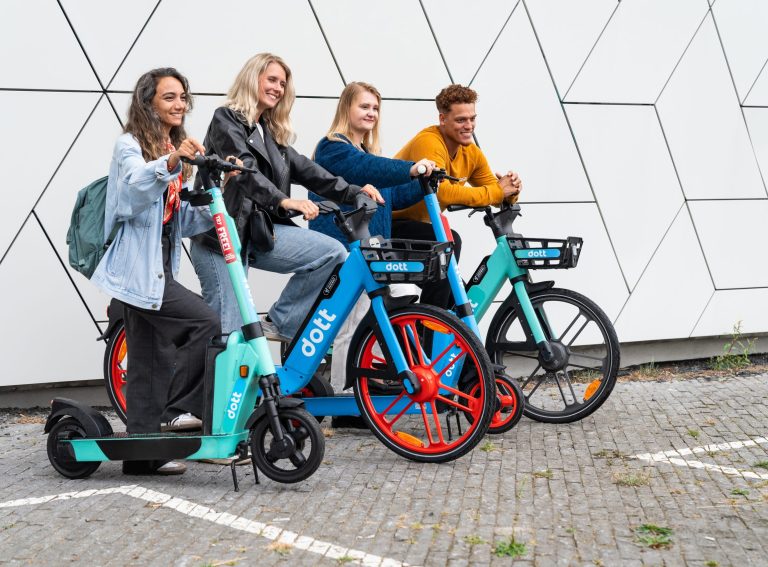Micromobility parking options across London need to be increased immediately, a new paper from the London Cycling Campaign has argued.
In a new Policy Forum report, Micromobility Parking: Literature Review, the LCC said that following the onset of shared e-bike and e-scooter schemes, the supply of parking must grow much faster than currently planned.
The report claimed that a mass modal shift from private cars to walking, cycling, public transport and shared micromobility options was “essential” in London, and suggested that road space be reallocated from cars to “meet the requirements of more sustainable modes and ensure equitable access”.
The LCC’s Climate Safe Streets paper previously stated that “by 2024 everyone in London should live and work no further than 300m from their nearest car club bay and shared cycle/e-scooter geo-fenced access point (which should ideally be co-located)”.
Shared e-scooter trials began in the UK last year, with the London scheme getting underway at the start of June.
The e-scooters, operated by TIER, Lime and Dott, are dockless but have to be parked at certain locations made visible on the map.
The trial will run until March 2022, with policymakers collecting data from the trials in order to inform future decisions on how e-scooters should be regulated.
“Decarbonising road transport by 2030 will require a massive expansion of secure, convenient and inclusive parking places for Londoners to leave their cycles and scooters,” said Pearl Ahrens, Co-chair, Policy Forum.
“Current planning is woefully inadequate to this task and the Mayor and boroughs must set their sights higher.”




